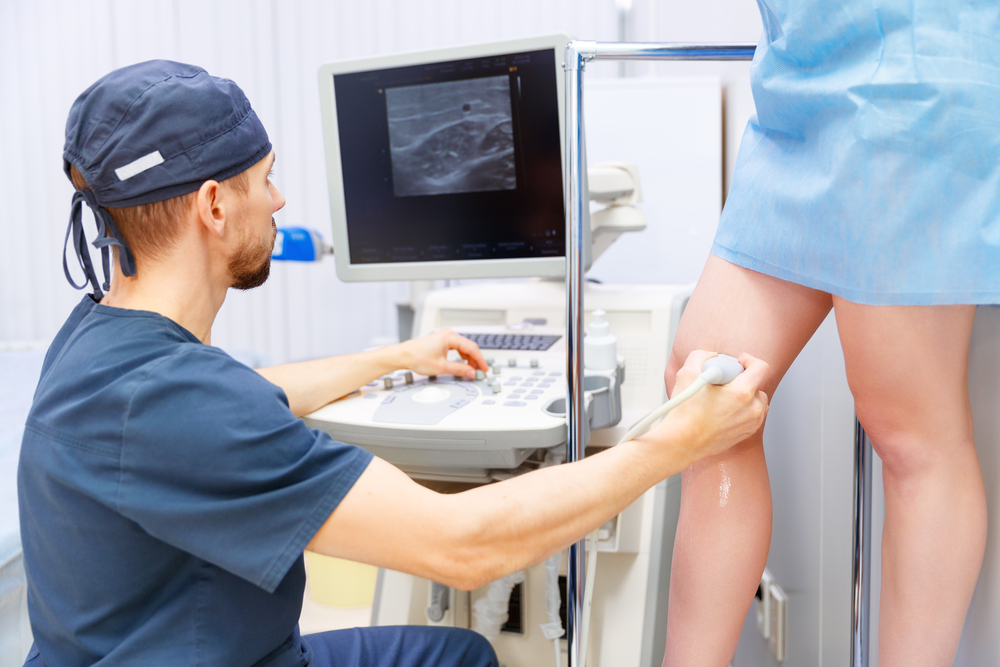
In the realm of vascular health, specialists dedicated to diagnosing and treating vein-related conditions play a pivotal role. Often referred to as phlebologists, these medical professionals focus on the intricate network of veins within the body. But what exactly does a vein doctor do, and what can you expect from a visit to a vein clinic?
what is a vein doctor called?, A vein doctor, commonly known as a phlebologist, specializes in the diagnosis and treatment of venous disorders. These professionals possess extensive knowledge of the circulatory system, particularly focusing on veins and their functions. They undergo rigorous training to become adept at identifying and addressing various vein-related issues, including varicose veins, spider veins, deep vein thrombosis (DVT), and chronic venous insufficiency.
To become a phlebologist, individuals typically pursue a medical degree followed by specialized training in vascular medicine. They may also acquire certifications from recognized institutions, signifying their expertise in treating venous conditions. This specialized training equips phlebologists with a deep understanding of the complexities of venous health, enabling them to provide comprehensive care to their patients.
A vein clinic serves as a specialized facility dedicated to diagnosing, treating, and managing various vein-related conditions. When you visit a vein clinic, “what does a vein clinic do?” a phlebologist will conduct a thorough examination, which might involve diagnostic tests such as ultrasounds to assess the condition of your veins. Based on the assessment, they’ll recommend a tailored treatment plan to address your specific venous issues.
Vein clinics offer a range of treatments designed to alleviate venous conditions and improve overall vascular health. These treatments may include:
Sclerotherapy: A procedure involving the injection of a solution into affected veins to shrink and eventually eliminate them.
Endovenous Ablation: Using laser or radiofrequency energy to seal problematic veins, redirecting blood flow to healthier ones.
Vein Stripping And Ligation: Surgical procedures that involve removing or tying off problematic veins, particularly for severe cases.
Compression Therapy: Utilizing compression stockings or garments to improve blood circulation and alleviate symptoms associated with venous disorders.
Visiting a vein clinic and consulting a phlebologist is crucial if you’re experiencing symptoms related to venous conditions. Ignoring such symptoms can lead to complications like chronic pain, swelling, skin discoloration, or even the development of blood clots. Timely intervention by a vein specialist can not only alleviate discomfort but also prevent potential complications.
In summary, a vein doctor, also known as a phlebologist, plays a vital role in diagnosing and treating venous conditions. Vein clinics offer specialized care, employing various treatments to address issues like varicose veins, spider veins, and other related disorders. Seeking assistance from a phlebologist can significantly improve your vascular health and alleviate associated symptoms.
Understanding the role of a vein doctor and the services provided by vein clinics is essential for individuals experiencing venous issues. Consulting these specialized professionals opens doors to tailored treatments and better management of vascular health.